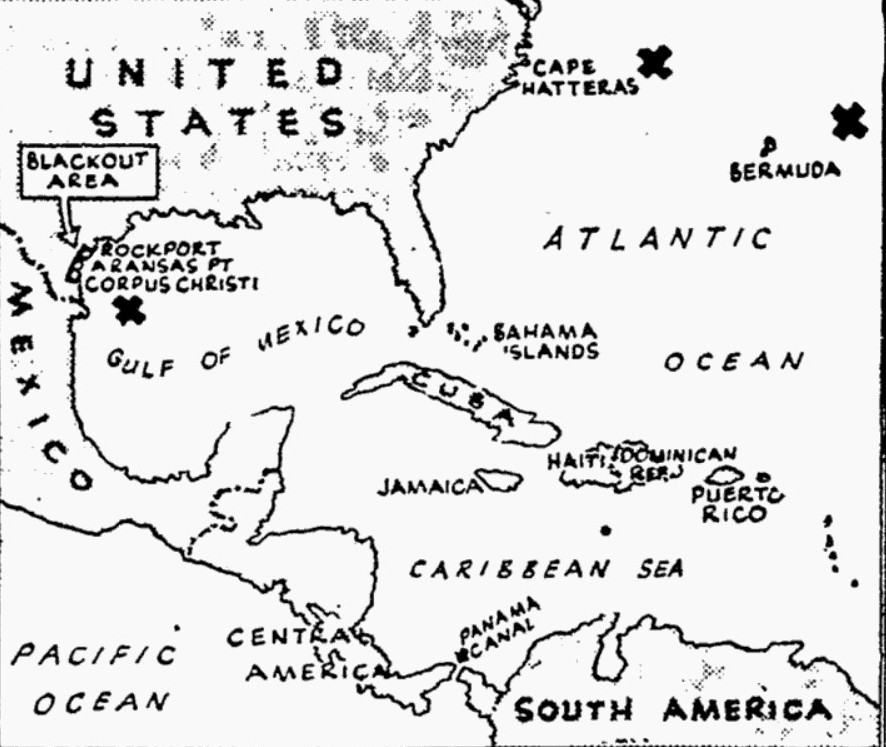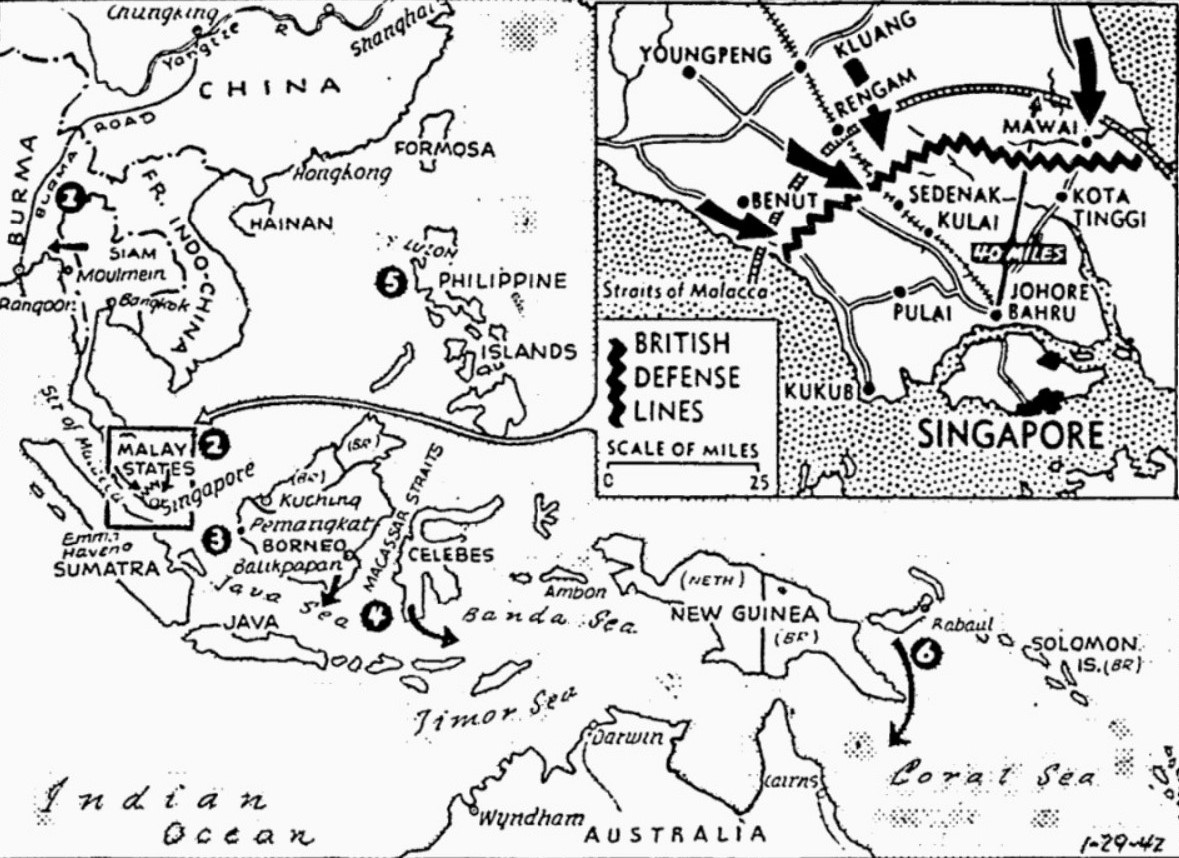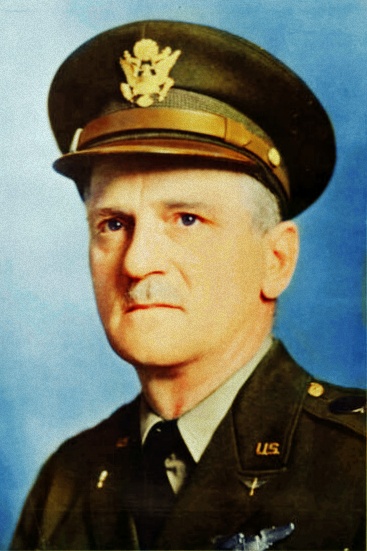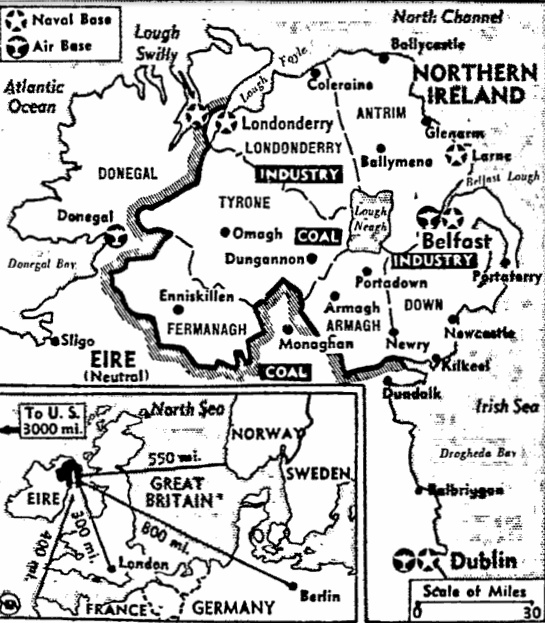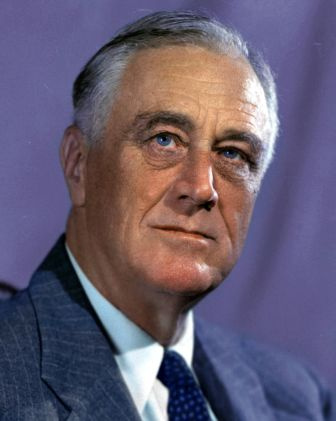U.S. War Department (January 31, 1942)
Communiqué No. 85
Philippine Theater.
On January 10, 1942, Japanese airplanes dropped leaflets over our lines in the Philippines bearing the following message:
To Gen. Douglas MacArthur, Commander-in-Chief, U.S. Army forces in the Far East
Sir:
You are well aware that you are doomed. The end is near. The question is how long you will be able to resist. You have already cut rations by half. I appreciate the fighting spirit of yourself and your troops who have been fighting with courage. Your prestige and honor have been upheld.
However, in order to avoid needless bloodshed and to save your 1st, 31st Divisions, and remnants of other divisions, together with your auxiliary troops, you are advised to surrender. In the meantime, we shall continue our offensive as I do not wish to give you time for defense.
If you decide to comply with our advice, send a mission as soon as possible to our front line. We shall then cease firing and negotiate an armistice. Failing that, our offensive will be continued with inexorable force which will being upon you only disaster.
Hoping your wise counsel will so prevail that you will save the life of your troops, I remain,
Yours very truly,
COMMANDER-IN-CHIEF
Japanese forces
Gen. MacArthur and his troops paid no attention to the message.
Enemy airplanes are now redistributing this leaflet, on the back of which has been added the following message, directed especially to the Filipino troops:
To the Filipino soldiers
The outcome of the present combat has been already decided and you are cornered to the doom. At this time, ever-generous Commander-in-Chief of Japanese Expeditionary Forces in order to avoid further annihilation of your dear lives has presented to your Commander-in-Chief, Gen. MacArthur, a letter as shown on the back page of this leaflet. But, however, being unable to realize the present situation, blinded Gen. MacArthur has stupidly refused our proposal and continues futile struggle at the cost of your precious lives.
Dear Filipino soldiers, there is still one way left for you. That is to give up all your weapons at once and surrender to the Japanese forces before it is too late, then we shall fully protect you. We repeat the last. Surrender at once and build your new Philippines for and by Filipinos.
COMMANDER-IN-CHIEF
Japanese Expeditionary Forces
This message has occasioned much mirth among the Filipino soldiers, who are continuing their resistance with loyalty, courage and resolution.
Hawaii.
The Commanding General, Hawaiian Department, reports that more than half of those wounded in the Japanese attack of December 7, 1941, have fully recovered and have returned to duty. The total number wounded was 428. Of those, 230 are now back on duty.
There is nothing to report from other areas.
Communiqué No. 86
Philippine Theater.
There was sporadic fighting on the Bataan Peninsula during the past 24 hours. Determined enemy attempts at infiltration through our lines was frustrated. Some Japanese prisoners were taken. Practically no hostile air activity was noted.
There is nothing to report from other areas.
The Pittsburgh Press (January 31, 1942)
Strike called by welders in shipyard
Jurisdictional fight with AFL hits war work on Puget Sound
Seattle, Washington (UP) –
Independent welders, locked in jurisdictional fight with the American Federation of Labor, called a strike at Puget Sound shipyards today in the first serious labor dispute since the United States entered the war.
The walkout order was already effective in the Seattle-Tacoma Shipbuilding Corp. plant at Tacoma, where the United Welders, Cutters and Helpers Union (I) claims 1,180 members.
Dave Basor, executive secretary of the union, said 1,600 members would strike at noon today in five Seattle shipyards – those of the Seattle-Tacoma Company, Associated Shipyards, Todd-Seattle Drydock Co., Lake Union Drydock and Machine Cop. and the Lake Washington Shipyard.
25 quit at plane plant
The union announced only two of 430 members of the 4 p.m. shift reported at the Tacoma plant and that none of 291 on the midnight shift reported. The company declined to comment or to describe the effects of the walkout. It was believed the yards could “work around” welders unless the strike is prolonged.
Tacoma members voted to strike last night because the firm refused to rehire nine members discharged for non-payment of dues to the AFL Boilerworkers Union.
25 other welders quit work at the Boeing aircraft plant yesterday, protesting discharge of seven welders. A spokesman for the AFL Aeronautical Mechanics’ Union said he expected no serious disruption of work.
Wholesale strike doubted
Paul R. Porter, chairman of the Shipbuilding Stabilization Committee of the War Production Board, said he doubted there would be a wholesale walkout of welders.
He said:
I am confident an overwhelming majority of welders will put loyalty to the nation and to our besieged soldiers in the Philippines above all else.
The WPB, when it functioned as the Office of Production Management, supported an agreement reached between shipbuilders and metal trades unions requiring that welders belong to and pay dues to one AFL union.
Dispute 15 years old
John P. Frey, head of the AFL Metal Trades Council, in a message to the local union, repudiated the walkout and predicted the welders would return to worm as soon as the issues were made clear.
The dispute has been before the AFL for nearly 15 years. Welders complained they were forced to pay multiple dues to AFL unions in order to work. When the national convention of the AFL refused them autonomy last fall, they formed their own organization.
A nationwide coalition of welders’ groups won an agreement that welders need pay dues to only one union. Since the AFL metal trades held a closed shop agreement in Pacific Coast shipyards, welders were forced to belong to the AFL.
A strike was called in San Francisco Bay shipyards early in December, when members were fired for refusal to pay AFL dues, but it lost effectiveness when war was declared.
